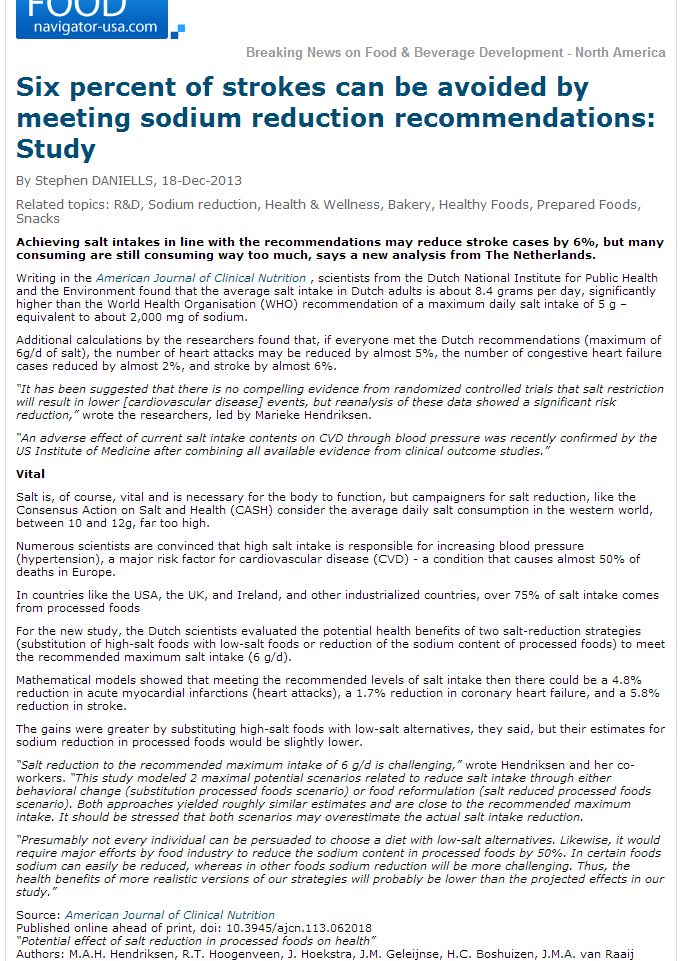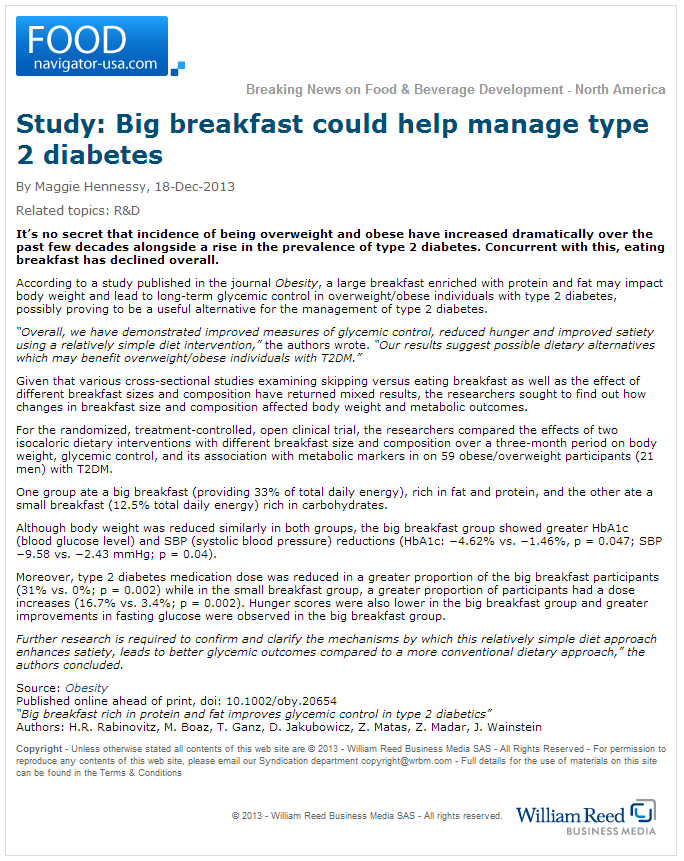- they are safe in the “toxic” sense of the word
- there is evidence that they help with weight loss along with other interventions
- this all smacks of industry obfuscation – they’re not an essential dietary element, so don’t reference them as such
http://www.foodnavigator-usa.com/content/view/print/849807
Artificial sweeteners are safe and effective tools for weight management, says obesity specialist
By Elaine WATSON, 26-Nov-2013
Related topics: Sweeteners (intense, bulk, polyols), R&D, Food safety, The obesity problem, Health & Wellness, Beverage, Healthy Foods
While consumer concerns over artificial sweeteners have been blamed – in part – for the funk the diet soda market currently finds itself in (click here ), the fact remains that they are safe and effective tools for weight management, according to one obesity specialist.
Suzanne Phelan, PhD, associate professor in the kinesiology department at California Polytechnic State University and adjunct associate professor in the department of psychiatry, Brown Medical School, is an expert in the application of behavioral methods to prevent and treat obesity.
She is also co-principal investigator of the National Weight Control Registry, an ongoing longitudinal study evaluating 5,000+ successful weight losers.
People trying to manage their weight need to spend their calories wisely
Speaking to FoodNavigator-USA after contributing to a myth-busting session on low- and no-calorie sweeteners at the recent ObesityWeek conference in Atlanta, Georgia, Dr Phelan said that in an ideal world, we’d all just drink water to stay hydrated.
However, if people want something sweet, beverages using high intensity sweeteners can quench thirst without adding empty calories, she said, noting that people that successfully lose weight – and keep it off – are less likely to consume sugar sweetened beverages.
Long term successful weight losers consume smaller proportions of sugary drinks
No one food is to blame for obesity, and soft drinks companies are right that balancing calories consumed with calories expended is a key factor in weight management, she said.
However, achieving this balance is a lot harder if you regularly consume large amounts of empty calories from sugar sweetened beverages, she added.
“People trying to manage their weight need to spend their calories wisely and if you want to save calories, cutting out sugar-sweetened beverages and replacing them with water or beverages sweetened with low or no calorie sweeteners is a good way to do this.
“If you look at long term successful weight losers, they are consuming smaller proportions of sugary drinks – they are minimizing their consumption of sugary drinks and juices.”
(Click here to read about a recent Harvard meta-analysis showing that sugar-sweetened beverage consumption promotes weight gain in children and adults.)
No evidence that diet sodas make people crave sweeter foods or serve as an appetite stimulant
Asked if she thought former NYC mayor Michael Bloomberg’s attempts to cap sizes of sugary drinks sold in certain outlets at 16oz were helpful, she said: “We should give initiatives like this a try. I’m in favor of government efforts to make it easier for people to consume fewer calories.”
As for the oft-quoted hypothesis that diet soda and other artificially sweetened products make people crave sweeter foods or serve as an appetite stimulant, there is “no evidence” to support this claim, she said.
(Click here to read a 2010 review in the British Journal of Nutrition which found that “there is no consistent evidence that low-energy sweeteners increase appetite or subsequent food intake, cause insulin release or affect blood pressure in normal subjects”. A more recent study –click here – published in the American Journal of Clinical Nutrition in Feb 2013 came to the same conclusion.)
Correlation, not causation
Meanwhile, a 2012 study also published in the American Journal of Clinical Nutrition (click here ) showed that replacing caloric beverages with non-caloric beverages was an effective weight-loss strategy, while a 2009 study co-authored by Dr Phelan in 2009 and published in the International Journal of Obesity (click here ) showed that those who have lost weight and successfully kept it off adopt a number of strategies, including drinking more artificially sweetened beverages, she said.
So why do some commentators still insist that diet soda is responsible for all manner of problems?
For example, a recent opinion article published in the journal Trends in Endocrinology and Metabolism by behavioral neuroscientist Dr Susan Swithers alleged that regular consumption of diet sodas induced “metabolic derangements”putting users at “increased risk of excessive weight gain, metabolic syndrome, type 2 diabetes, and cardiovascular disease.”.
In the literature, there are some large scale epidemiological studies showing a correlation between consumption of low and no calorie sweeteners and increased risk of some of these health problems, said Dr Phelan, “so that has created a natural state of confusion.”
But this is correlation not causation, she said, and randomized controlled trials do not show similar results.
Meanwhile, a study by Harvard researchers published in the journal Circulation in 2012 (click here ) analyzing the Health Professionals Follow-Up Study, a prospective cohort study including 42,883 men, found that artificially sweetened beverage intake was not associated with increased risk of coronary heart disease risk.
The authors also said their results “highlight the need for cautious interpretation of studies reporting positive associations between diet drinks and cardiometabolic and cardiovascular outcomes”.
Artificial sweeteners and safety
As for safety, aspartame and sucralose are among the most thoroughly tested ingredients in the food supply and have been deemed safe by all major scientific and regulatory bodies from Health Canada to the FDA, the Joint Expert Committee on Food Additives (JECFA) of the World Health Organization (WHO) and Food and Agriculture Organization (FAO); and the European Food Safety Authority, added Dr Phelan.



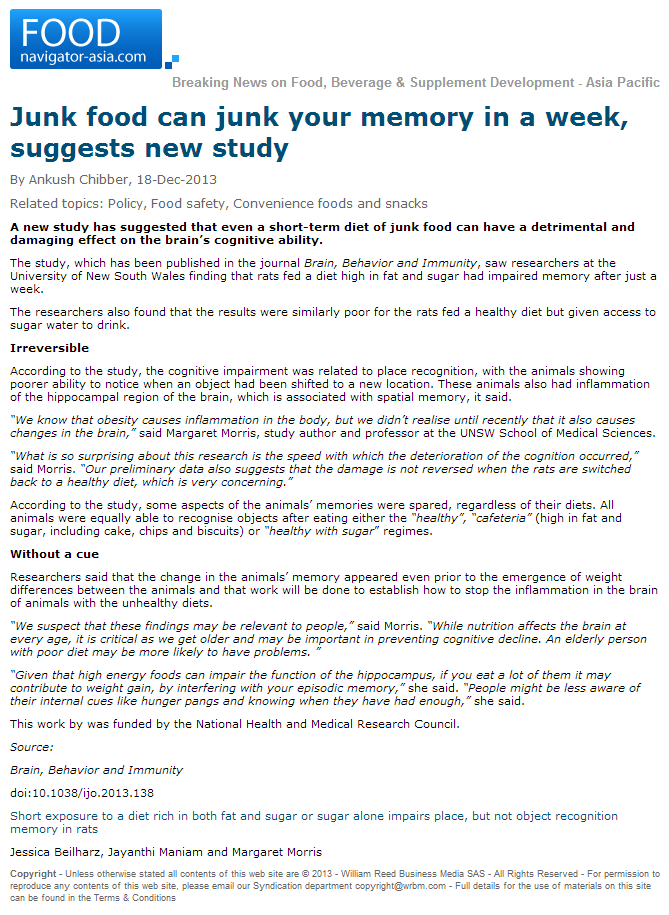
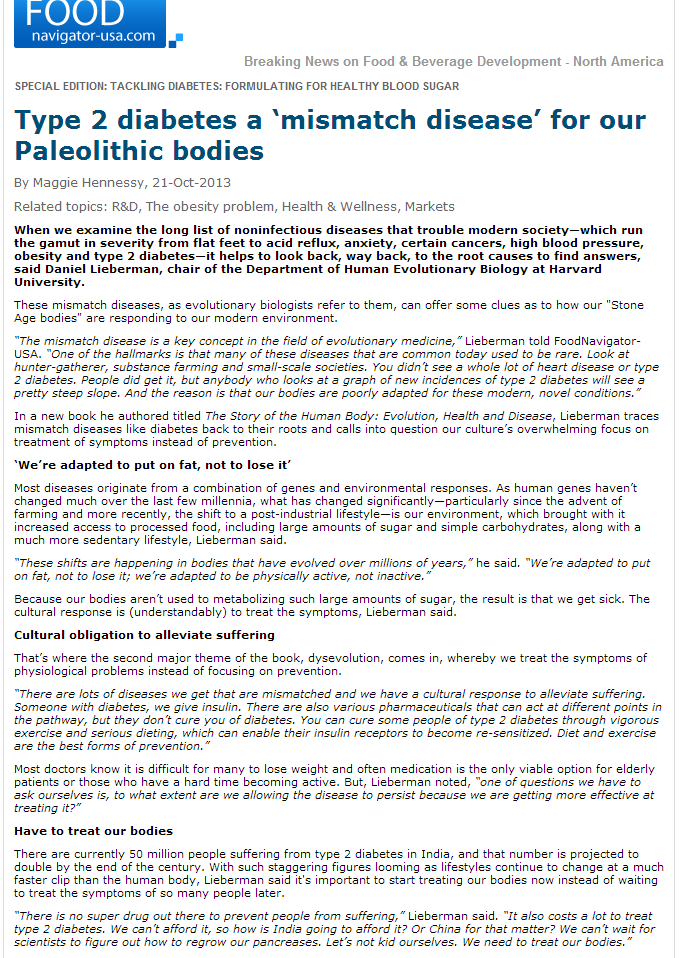
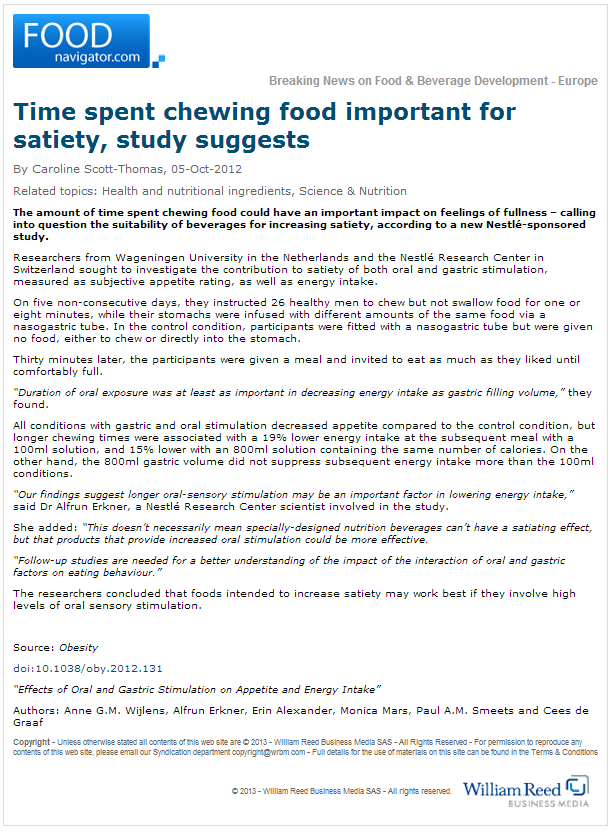
 The latest fitness trend in offices around the country is employees giving up their chairs in order to stand while working. Now Stir, a Pasadena, CA company, is helping this fitness cause with their smart desk called Stir Kinetic that adapts to the user’s position and also helps track the additional calories burned due to standing.
The latest fitness trend in offices around the country is employees giving up their chairs in order to stand while working. Now Stir, a Pasadena, CA company, is helping this fitness cause with their smart desk called Stir Kinetic that adapts to the user’s position and also helps track the additional calories burned due to standing.
